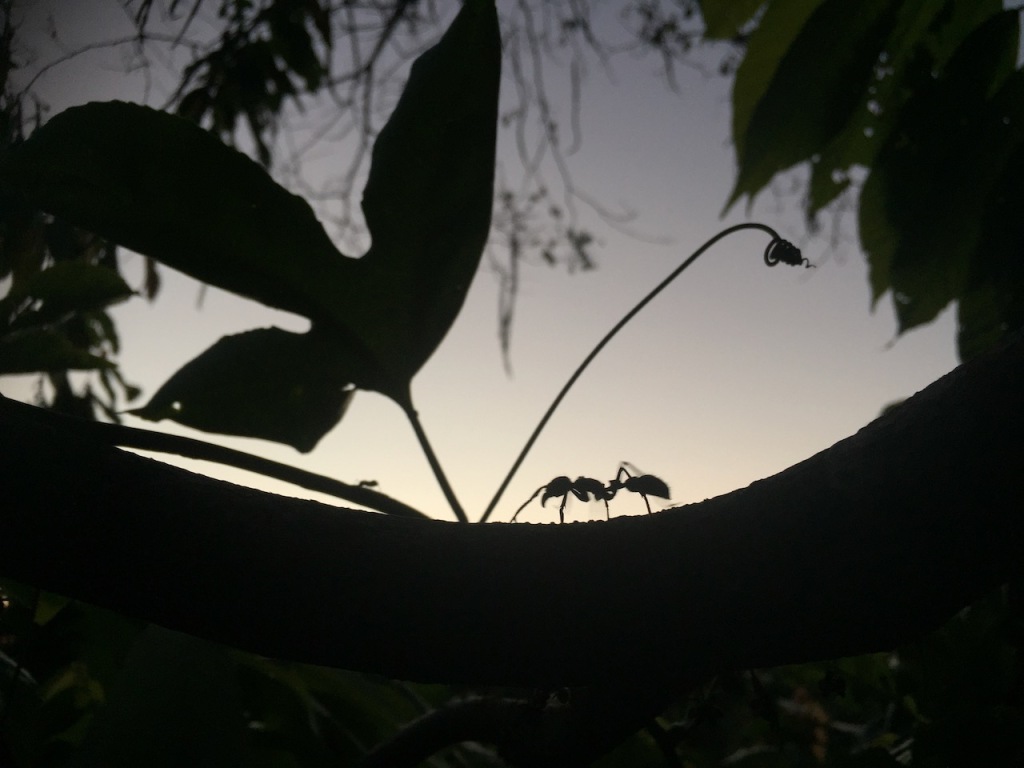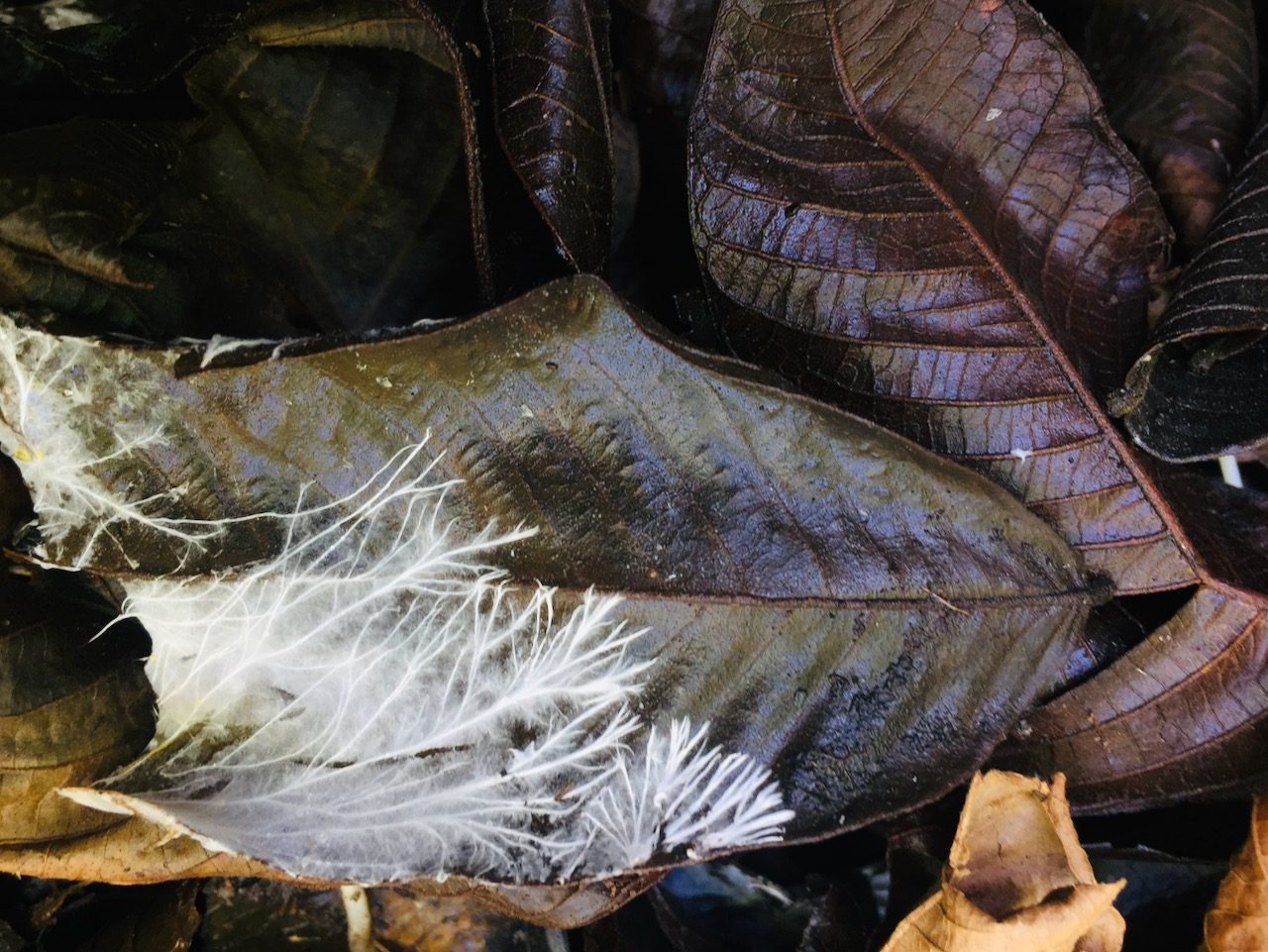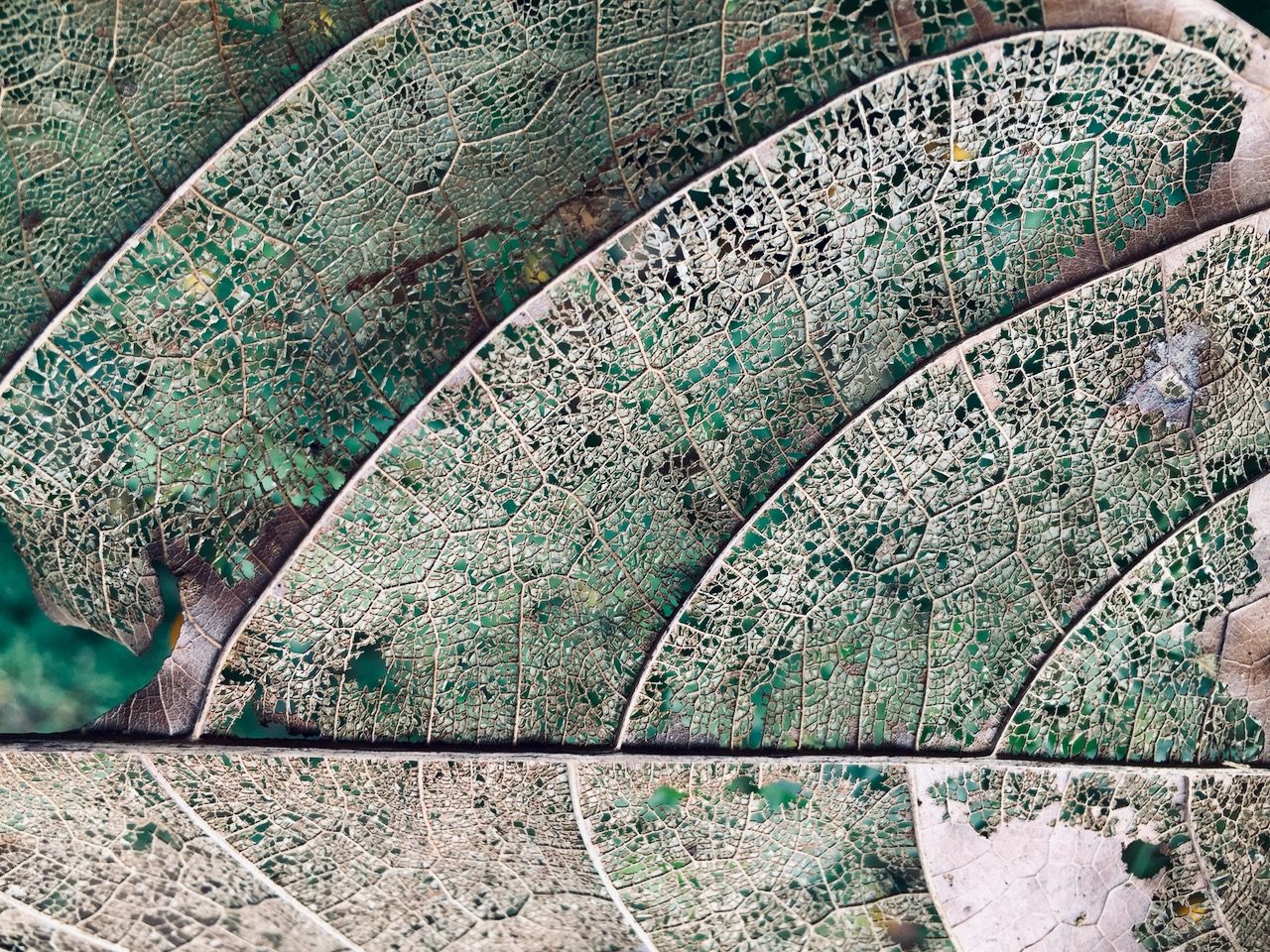Hello friends,
Here we are practically on the cusp of Advent but something else is sneaking in first. For the last couple of years, the UN’s climate change conferences, or COPs, have taken place in early November. This year, COP28 starts on 30th November. Call me cynical but I feel that the event is poised to rob us of what is left of our joy and hope, just as we’re being reminded to fix our gaze on that true Joy and Hope that has come into the world. No, not Taylor Swift, I am of course referring to the Founder of Christmas Day, Jesus Christ. Perhaps if I look at it another way, the juxtaposition is quite appropriate. Global warming is just one more indication that human beings need some serious help, our own good intentions only ever get us so far.
This week is also week 8 of 10 of the ‘Eco-crisis and the Gospel’ course which I’ve been co-facilitating through the International Baptist Theological Study Centre (IBTS) in The Netherlands. Each week our little multi-national group of participants work through one of the themes using online materials provided by different contributers and we meet via Zoom on Wednesdays for a tutorial. There are several different tutors who facilitate these meetings, including myself, but I’m also acting as anchor this year, meaning that I get to be in all the tutorials and need to have a working knowledge of all the themes. Last year, I only contributed to one week and one tutorial but I confess I didn’t follow the rest of the course in detail. This year, I’ve enjoyed basically having to do the whole course along with the participants, as well as the interaction with the participants and other tutors who are coming to the course from diverse contexts: Colombia, Togo, Nepal, Canada, France, The Netherlands and the UK. This week’s theme has been taking us into the heart of the problem.
In previous weeks, under the conceptual title of ‘Faithful ecological practice and witness’, we have discussed the merits of home composting. Piura’s municipal solid waste management system is slowly improving but they’re still a way off from segregating biodegradable and non-biodegradable domestic waste. When I lived in the Peruvian Amazon at the Integral Mission Training Centre in Nauta, we eventually made a compost area and worked at convincing the cooks that anything plant or animal-based didn’t need to go in the same bin as the plastic wrapping and tins. I confess that this only really became important to us after a particular experience when the rubbish collection lorry failed to show up for a week or two after one of our residential training events. We had to store all the bin bags of mixed rubbish in one of the cubicles of an external toilet block of rustic design. When the lorry finally came and we opened the door of that cubicle…it wasn’t far from a ‘Plagues of Egypt’ situation. That was a seriously grim clean-up. Afterwards, we decided that we had plenty of green space at the Training Centre and it would be better to dispose of the compostable stuff ourselves on-site, letting Nature do what it was obviously very enthusiastic and apparently well-equipped to do anyway. Even now that I live in a flat in an urban setting with only a patio and several failed attempts to compost in buckets (I can’t seem to find enough dry organic material for all the fresh green material I generate, recommendations welcome!), I still compulsively separate my biodegradable and non-biodegradable waste…in hope? What can I say, it just seems like a good habit to hang on to. But one of the course participants that week challenged the rationale of the practice. I mean, seriously, how is home composting really going to combat biodiversty collapse, environmental pollution or climate change? And seriously, on the face of it, the answer is “it probably isn’t”, so why do it? Shouldn’t we be focussing on the big solutions to the big problems? It’s a good queston. And that’s when we started talking about the heart of the problem.

Some of the many things I miss about the Peruvian Amazon are the ants. Yes, some of those ants are terrifyingly large, aggressive and deliver seriously nasty stings. But in terms of numbers of individuals, most of the ants I met were just happy to be cleaning up my mess. Crumbs, food residue on a plate, the dregs of fizzy drink in a cup. Basically anything edible left un-attended. If I needed to know whether something I’m throwing away is biodegradable or non-biodegradable, I would first watch the ants. They go for the former, ignore the latter. They tell me that the first one is still useful, that what is waste to me will not be wasted by them. The ants, the worms, even the fungi which spread their ghostly white tendrils on the dark, damp underside of fallen leaves resting-in-peace on the forest floor, remind me that renewal and transformation are embedded in Creation. According to God’s Natural Law, nothing is ever really waste or wasted. Everything and everyone has value in the intricately and expertly tangled web of life. Are we able to grasp this, to participate in this, as we go about our daily lives, even if the act sometimes seems more symbolic than pragmatic?

So, Christmas is coming. There’s a big fake Christmas Tree erected in the middle of the Open Plaza Mall, which confirms that this must be the case. If I’m feeling avant-garde this year I might decorate my ‘cello case, which is almost the right shape for my own fake Christmas Tree. Or maybe I’ll decorate my ginger plants on the patio. The ones which sprouted from a bit of root I bought from the supermarket but couldn’t use up in my cooking before I went away on Home Assignment last May. On a whim, I put the root in a bucket of soil the day before I left for three months, figuring it was either that or throw it out. Now there is a bucket of ginger plants and the first flowering stalks have just appeared. I guess that’s God’s Natural Law at work on my patio.
The ‘Eco-crisis and the Gospel’ course will finish just in time for COP28 and then we will celebrate the coming of the Creator in flesh and blood to the world He created and plans to renew. Let’s choose not to get caught up in the hype of getting all new things, let’s choose instead to celebrate Him who ultimately makes all things new.

Peace,
Laura x
P.S. Only 39 shopping days left until Christmas!


Dear Laura, Many thanks for your last update, -which went with BMS’s too! Great ideas re. the Ants! And a good reminder of Provers 6:6! We all need to do that, although I’ve learnt the hard way not to do what ants can do in lifting more than my weight… or even less then…! You have been in my thoughts a lot with the COP28 in progress, and the topic in last week’s BMS prayer guide. I’m glad you’ve had a couple of mentions in recent weeks. It has always been a concern/question of mine how much your international role goes with your local involvement in Piura. I guess the internet, Zoom, etc. help, as well as air travel… which from your point of view I suppose is against what you’re fighting for in climate issues! It’s good that those local waste management ideas kind-of ‘incarnate’ what you are trying to say in creation stewardship more widely. We all need to do our bit, and when I manage composting and recycling and minimising waste in ‘my little corner’ I wonder how far that goes and how many Western Worlders do it. But your message is powerful… every little helps! When I look at prayer diaries from BMS and others like Tearfund I see an increasing sense of the necessary link between Christian/Church life and understandings, and the desire to influence communities everywhere, ‘in our small corners’, all over the world to take creation stewardship seriously, form solar panels on the church roof to managing waste, regenerative farming, etc.. But we need to do so much more. There seem to have been some encouraging resolutions coming out of Dubai… the test always with whether countries will stand by their promises. But the imperatives are becoming unavoidable. My prayer concern for you remains that you may be encouraged by a sense that your work and commitment are having effects widely, and that you will be well supported by a Chrstian community in Piura, even though much of your work is outside their locality. No need to reply to this… you have many other things to do and I can await the updates! God bless, David
Hi Laura,
I so enjoyed the illustration of the ants – and the ant picture!
It’s quite a lesson. If the ants don’t want it, it’s not worth having and does nothing to help Creation.
I’m trying to write the church prayer diary and wanted to put in an entry for you in February.
If you have a moment, could you write something short and simple for us in Seer Green to pray for you?
And HAPPY BIRTHDAY FOR 28TH! Hope you’re doing something special!
Love and prayers
Gill
Hi Gill, thanks for your encouraging message. I wrote a BMS newsletter last night but I can give you a short version for the church prayer diary!
“This month will be a busy month and I’m grateful for both the challenges and the opportunities that God gives me. Please pray for my online short course on Creation Stewardship for the Trujillo Baptist Seminary and my participation in a Christian leadership conference in Iquitos, both later this month. Also, I hope to have the first eco stove built this month with volunteers from the project community just outside Piura city. Thank-you for your support.”
Feel free to edit down as you see fit.
Thank-you!
Laura